When it comes to cryptocurrency trading, choosing the right platform can significantly impact your trading experience and profitability.
Contract trading has become increasingly popular, which allows traders to leverage their positions and speculate on price movements without holding the actual assets.
However, the variety and complexity of available platforms can be overwhelming. This article aims to simplify your decision by evaluating and comparing the top crypto contract trading platforms.
We’ll consider factors such as user interface, fees, security measures, and the range of available contracts.
Whether you’re a beginner or an experienced trader, our insights will help you find the best platform for your trading style and needs.
Best Crypto Contract Trading Platform
#1. Bybit
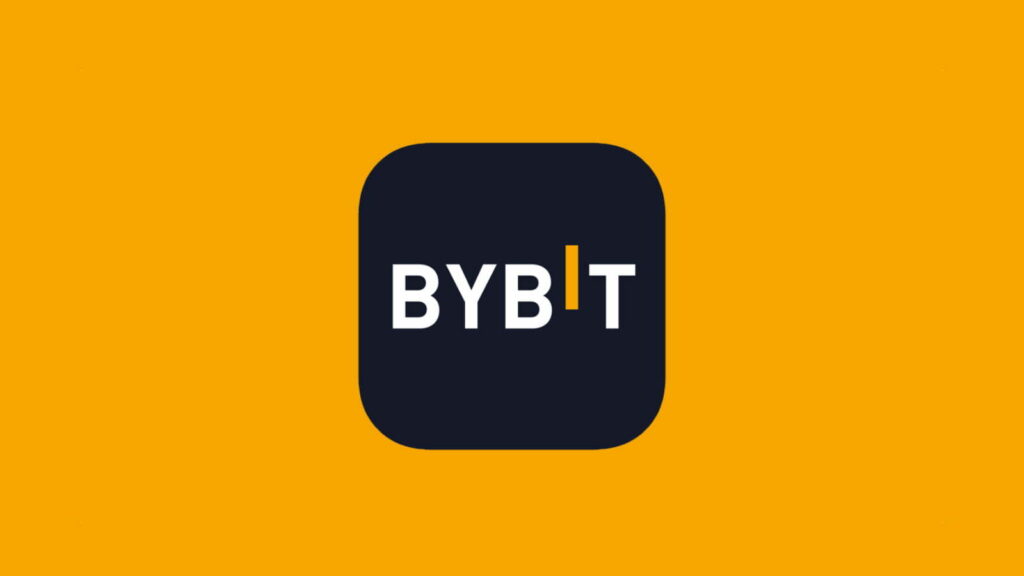
Bybit, a cryptocurrency derivatives exchange, was founded in March 20181. It is headquartered in Singapore and has offices in Taiwan, Hong Kong, and the United Kingdom.
Bybit has quickly established itself as a significant crypto contract trading market player, known for its user-friendly platform and competitive fee structure.
Bybit boasts over 20 million registered users and reports a daily average trading volume of over $10 billion, making it one of the largest crypto exchanges today.
Supported Coins, Contracts, and Leverage The platform supports 390 coins and 484 trading pairs2. It offers a variety of futures contracts, including perpetual futures contracts with up to 125x leverage available.
Futures Contracts and Fees Bybit provides perpetual and inverse futures contracts. The trading fees are 0.055% for takers and 0.02% for makers. A settlement fee of 0.05% applies to inverse futures contracts.
Security Measures and Customer Support Bybit employs advanced security measures such as cold storage for funds, multi-signature wallets, and real-time monitoring to safeguard users’ assets and data5. Customer support is available 24/7 via email, live chat, and social media.
Order Types Bybit offers basic order types like Market, Limit, and Conditional Orders, as well as advanced types such as Take Profit/Stop Loss, Iceberg Orders, and more.
| Pros | Cons |
|---|---|
| Meager trading fees | Might have a steep learning curve |
| Exceptional functionality | |
| Mobile trading app | |
| Helpful customer support | |
| Up to 100x leverage |
#2. BingX
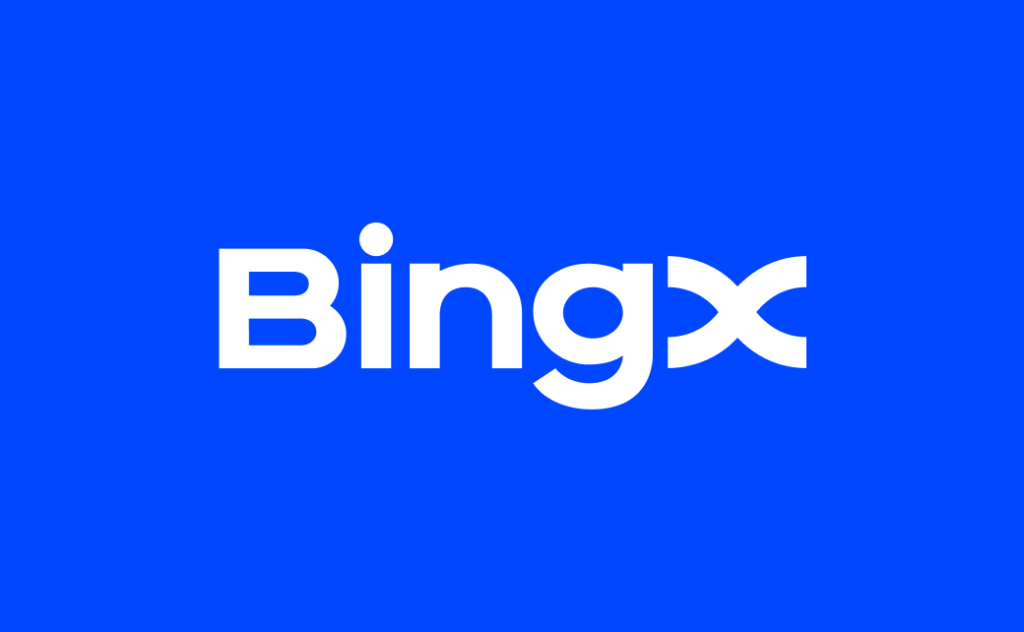
BingX is a cryptocurrency exchange platform that was established in 2018. It is headquartered in Singapore and has quickly gained a reputation as a leading platform for crypto contract trading.
BingX serves over 10 million users worldwide and handles a daily trading volume of approximately $335 million.
The platform supports over 750 cryptocurrencies and offers a variety of futures contracts and trading pairs. Users can trade with leverage up to 125x on specific agreements.
BingX provides USDT-M and USDC-M perpetual futures, along with traditional futures. The trading fees are competitive, with maker fees at 0.02% and taker fees at 0.05%.
BingX employs robust security measures, including bank-grade custody solutions and partnerships with top cybersecurity firms. It also offers 24/7 customer support to assist users with their trading needs.
Traders on BingX can place various order types, including market orders, limit orders, stop orders, and trailing stop orders, catering to different trading strategies.
| Pros | Cons |
|---|---|
| Low fees for USDT withdrawals | Some withdrawal fees can be high |
| Non-KYC exchange with a simple interface | Not available to all US traders |
| Offers spot, copy, and derivatives trading | No leverage is offered for spot trading |
| High leverage available for some assets | |
| Demo trading and 24/7 live chat support |
#3. Phemex
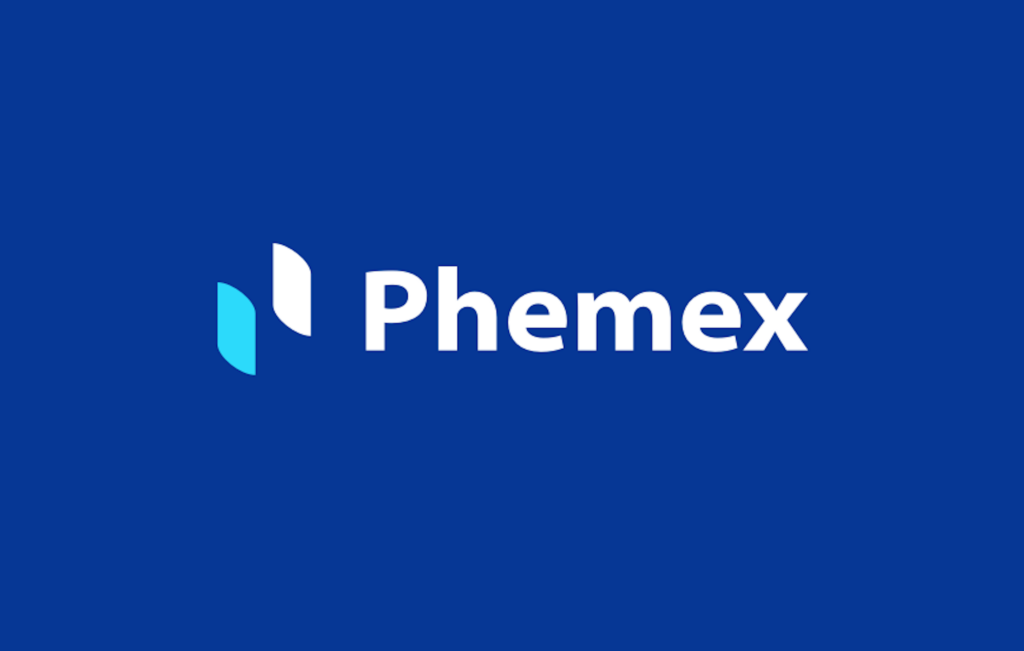
Phemex is a cryptocurrency exchange founded in 2019 by former Morgan Stanley executives. It is headquartered in Singapore and has quickly gained a reputation for providing a reliable platform for crypto contract trading.
Phemex has attracted over 5 million active users across more than 200 countries. The exchange processes billions in daily trade volume, showcasing its high liquidity and popularity among traders.
Phemex supports over 250 assets, including a wide range of cryptocurrencies. It offers 137+ contract trading pairs and 238+ spot trading pairs. Traders can trade leverage with up to 100x leverage on perpetual contracts.
Phemex offers various types of futures contracts, including perpetual contracts. The trading fees are competitive, with a maker fee of 0.018% and a taker fee of 0.055% for contracts.
Phemex employs robust security protocols such as a Hierarchical Deterministic Cold Wallet System, which stores assets offline. It also implements two-factor authentication (2FA) for additional user protection6. Customer support is available to assist users with their trading needs.
Phemex provides a variety of order types to accommodate different trading strategies, including market orders, limit orders, conditional orders, stop loss orders, take profit orders, post-only orders, and close-on trigger orders.
| Pros | Cons |
|---|---|
| No KYC is required for crypto trading | There is no dedicated staking platform |
| Reliable platform with 24/7 uptime | Not available to US residents |
| Phemex Earn allows users to earn passive rewards on crypto holdings |
#4. MEXC

MEXC, established in 2018, is a high-performance cryptocurrency exchange known for its transaction-matching technology. It is headquartered in Singapore and has gained recognition as the “Best Crypto Exchange Asia” in 2021.
MEXC caters to over 10 million users across more than 170 countries, with a daily trading volume of approximately $1.4 billion.
The platform supports over 1,600 coins and 2,000+ trading pairs. It offers up to 200x leverage on futures trading, providing a wide variety of options for traders.
MEXC offers perpetual futures contracts with competitive fees. The maker fee can be as low as 0%, and the taker fee is 0.01%. Discounts on fees are available for MX token holders.
MEXC employs robust security measures, including cold storage wallets, 2FA, and SSL encryption. It provides responsive and multilingual customer support to assist users.
Traders on MEXC can use various order types, including limit orders, market orders, trigger orders, trailing stop orders, and post-only orders, catering to different trading strategies.
| Pros | Cons |
|---|---|
| Tailored for both beginners and professional traders | High withdrawal fees |
| Supports a vast number of cryptocurrencies and trading pairs | Limited customer support |
| Multiple earning opportunities and low fees | Not available in all countries |
#5. Bitget
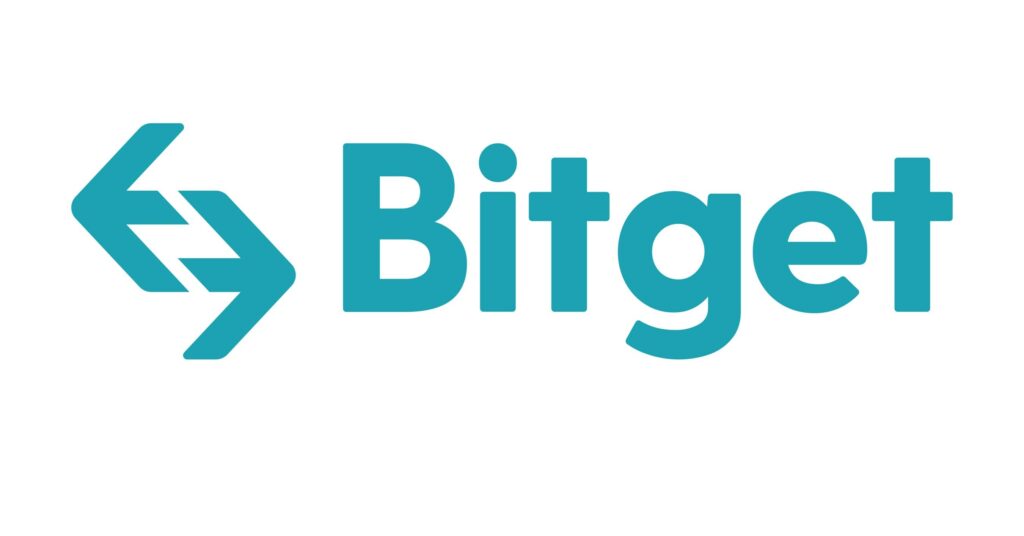
Bitget is a cryptocurrency exchange platform that was established in 2018. It is headquartered in Singapore and has quickly gained a reputation as a leading platform for crypto contract trading.
Bitget boasts over 20 million registered users and reports a daily trading volume of over $10 billion, making it one of the largest crypto exchanges today.
The platform supports over 550 cryptocurrencies and offers a variety of futures contracts and trading pairs. Users can trade with leverage up to 125x on specific agreements.
Bitget provides future contracts for USDT-M, USDC-M, and Coin-M. The trading fees are 0.02% for makers and 0.06% for takers.
Bitget employs advanced security measures such as cold storage for funds, multi-signature wallets, and real-time monitoring to safeguard users’ assets and data6. Customer support is available 24/7 via email, live chat, and social media.
Traders on Bitget can place various order types, including market orders, limit orders, and trigger orders, catering to different trading strategies.
| Pros | Cons |
|---|---|
| Low fees for USDT withdrawals | Some withdrawal fees can be high |
| Non-KYC exchange with a simple interface | Not available to all US traders |
| Offers spot, copy, and derivatives trading | No leverage is offered for spot trading |
| High leverage available for some assets | |
| Demo trading and 24/7 live chat support |
#6. BYDFi
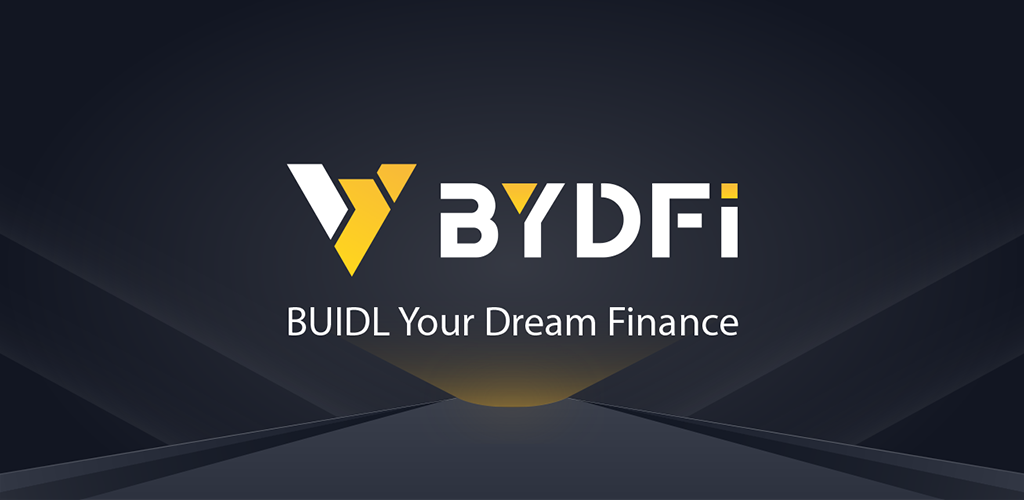
BYDFi, formerly known as BitYard, is a centralized cryptocurrency exchange launched in April 2020 and headquartered in Singapore.
It underwent rebranding in January 2023 and adopted the name BYDFi, which stands for “BUIDL Your Dream Finance”1. The platform has been recognized for its ultra-low trading fees and compliance with financial industry regulations.
BYDFi serves over 500,000 users and generates millions of dollars in daily trading volume.
BYDFi supports more than 400 cryptocurrencies and offers over 600 trading pairs. It provides a variety of futures contracts, including perpetual contracts, with leverage of up to 200x.
BYDFi offers two types of perpetual contracts: USDT-M and Coin-M. The trading fees for perpetual contracts are 0.06% for takers and 0.02% for makers.
BYDFi employs rigorous security measures, including regular stress tests, security audits, and cold storage of digital assets. The platform provides customer support to assist users with their trading needs.
BYDFi allows users to trade using market orders and limit orders.
| Pros | Cons |
|---|---|
| Extensive selection of cryptocurrencies and trading pairs | Limited information on passive earning features |
| Competitive trading fees | NFTs and crypto staking options are not available |
| Robust security measures | |
| User-friendly interface suitable for both beginners and experienced traders |
#7. Deribit
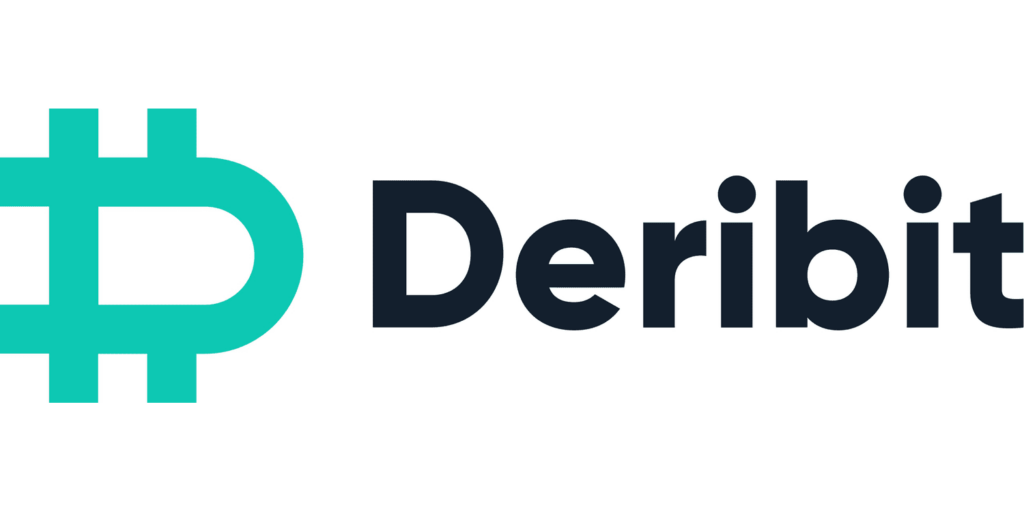
Deribit is a prominent crypto futures and options trading platform founded in March 2015. It is based in Panama City, Panama. It is known for its state-of-the-art system architecture, which ensures the fastest performance in the market, making it the first choice for algorithmic and high-frequency traders.
Deribit has not publicly disclosed its user base. However, it reportedly has a 24-hour trading volume of approximately $779 million.
Deribit allows users to trade futures, perpetual contracts, and options on Bitcoin, Ethereum, Solana, and USDC. While the exchange has a limited number of cryptocurrencies, it does provide a high level of leverage, up to 100x on BTC, 50x on ETH, and 10x on Solana.
Deribit offers standard futures, perpetual futures, and options contracts. The maker fee is -0.02% for futures contracts, and the taker fee is 0.05%. The maker fee is 0% for options trading, and the taker fee is 0.04% of the contract size.
Deribit holds 99% of customer deposits offline in cold storage and protects funds in stored vaults with multiple bank safes.
Users can secure their accounts with two-factor authentication (2FA) and delayed withdrawals on newly added wallet addresses5. Customer support is available to assist users with their trading needs.
Deribit offers two main types of orders: limit orders and market orders.
| Pros | Cons |
|---|---|
| High-performance API and hosting solutions | Operates as an unregulated exchange |
| Access to high leverage on BTC and ETH products | Not accessible to U.S. traders |
| Sophisticated trading terminal and responsive mobile app | Limited to BTC and ETH contracts only |
#8. OKX
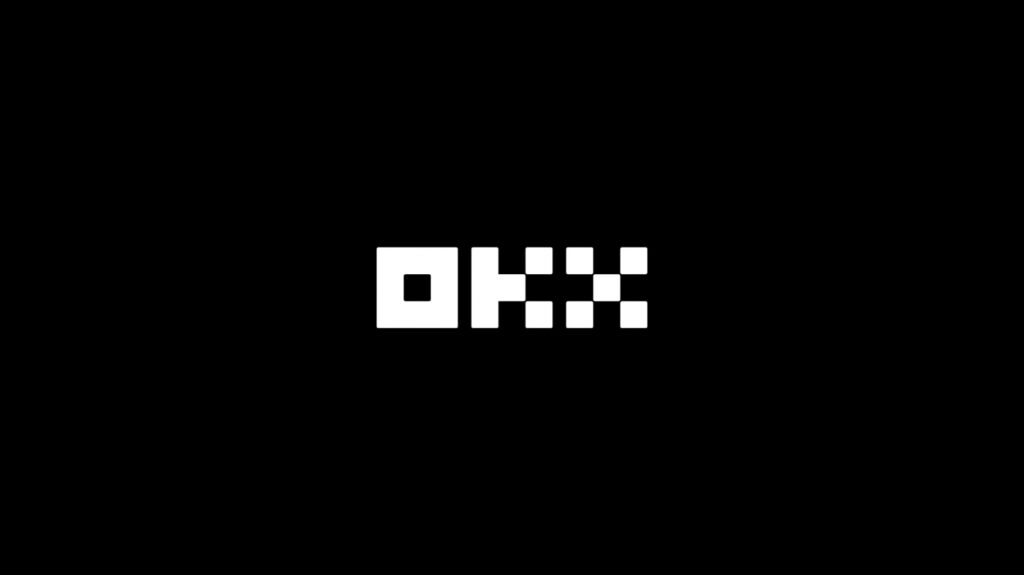
OKX, established in 2017, is a global cryptocurrency exchange headquartered in Seychelles.
It has carved a name among the leading exchanges with impressive trading volume, a diverse asset portfolio, and competitive fees.
OKX serves millions of users worldwide and reports a 24-hour trading volume of approximately $2.5 billion.
OKX supports many cryptocurrencies, offering 330 coins and 552 trading pairs3. It provides various futures contracts, including weekly, bi-weekly, quarterly, and bi-quarterly, with leverage of up to 125x.
OKX offers crypto-margined and USDT-margined futures contracts. The settlement fee for futures trading is 0.03%, with maker and taker fees varying based on user tiers.
OKX employs industry-standard security measures, including cold storage for crypto assets, withdrawal passwords, and anti-phishing codes6. Customer support is available 24/7 to assist users with any issues.
OKX users can place limit, market, and advanced orders like Post Only, Fill or Kill, and Immediate or Cancel.
| Pros | Cons |
|---|---|
| Extensive range of supported cryptocurrencies | Technical issues reported |
| Advanced trading features | Limited accessibility in some countries |
| Competitive fees | The user interface may be complex for beginners |
#9. Kraken
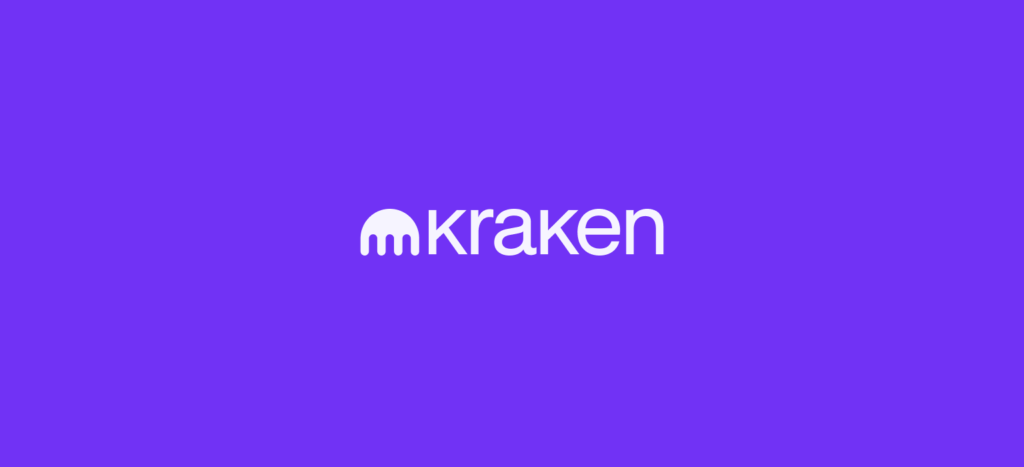
Kraken is a US-based cryptocurrency exchange founded in San Francisco, California, on July 28, 2011.
It is known for being one of the first bitcoin exchanges to be listed on Bloomberg Terminal. It has a reputation for a wide selection of digital assets and robust security measures.
Kraken has over 10 million clients across 190+ countries and reports a daily trading volume of approximately $726 million.
Kraken offers trading in 237 coins and 656 trading pairs. It provides margin trading with leverage up to 5x for specific pairs.
Kraken offers futures trading with leverage up to 50x. The fee schedule for futures trading is based on a 30-day rolling volume, with maker fees starting at 0.02% and taker fees at 0.05%.
Kraken emphasizes user security with robust password options, multi-factor authentication, and encrypted sensitive data. It offers 24/7 live chat and email support for urgent concerns.
Kraken provides various order types for futures trading, including market orders, limit orders, stop-loss market orders, and more.
| Pros | Cons |
|---|---|
| Large selection of digital assets | Limited options for funding accounts |
| Low fees for advanced traders | Not available in all U.S. states |
| Strong security measures | High fees for buying in USD |
| Good customer service options |
#10. Binance

Binance, the world’s largest cryptocurrency exchange by daily trading volume, was founded in July 2017.
Initially based in China, Binance moved its servers and headquarters out of the country in response to China’s cryptocurrency trading ban. Binance has no official company headquarters operating as a global entity.
Binance boasts a massive user base of 128 million registered users and an average daily trading volume of $65 billion.
Binance supports a wide array of cryptocurrencies, with over 350 coins available for trading and more than 1,500 trading pairs2. The platform offers up to 125x leverage on some futures contracts.
Binance provides two types of futures contracts: USDⓈ-M Futures and COIN-M Futures, with varying fee structures based on the user’s 30-day trade volume and BNB holdings4. Maker fees start at 0.02%, and taker fees start at 0.05%.
Binance employs several security measures, including two-factor authentication (2FA), anti-phishing codes, account activity monitoring, and cold storage for funds6. Customer support is available through a comprehensive FAQ section, and users can submit requests for more personalized assistance.
Binance offers various order types, including limit orders, market orders, stop-limit orders, stop-market orders, and trailing stop orders.
| Pros | Cons |
|---|---|
| Extensive range of cryptocurrencies | Regulatory challenges in some regions |
| Advanced trading tools | Mixed reviews on customer support |
| Competitive fees | |
| High liquidity |
#11. KuCoin
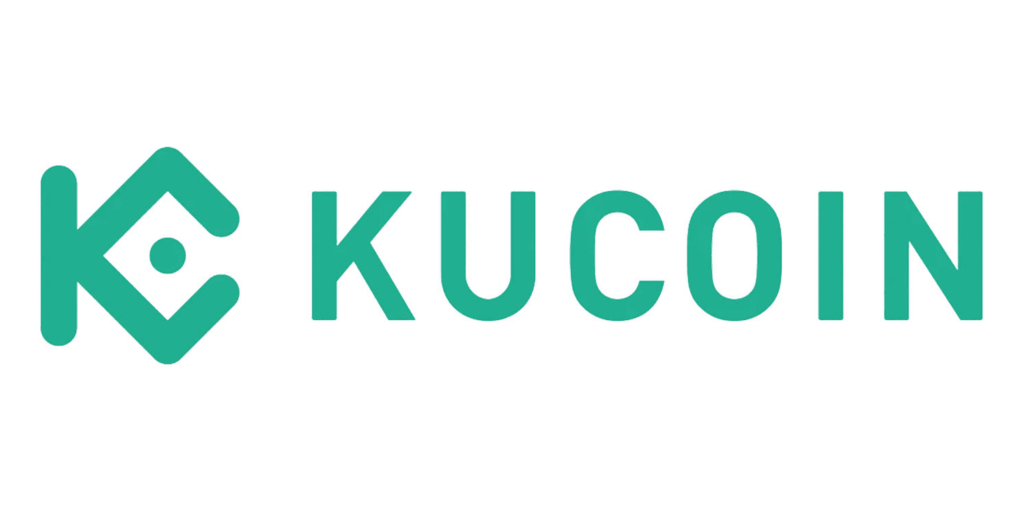
KuCoin is a global cryptocurrency exchange established in September 2017 and headquartered in Seychelles. It is renowned for its user-centric approach and inclusivity, offering various trading options, including crypto contract trading.
KuCoin has a significant user base with over 27 million registered users and reports a daily trading volume of $23 billion in the futures market and $12 billion in the spot trading market.
KuCoin supports cryptocurrencies with over 700 assets and 1200+ trading pairs available for trading3. The platform offers futures trading with up to 100x leverage.
KuCoin provides futures contracts for futures contracts in USDT-Margined, USDC-Margined, and Coin-Margined. The trading fees for futures are 0.06% for takers and 0.02% for makers, which is quite competitive in the industry.
KuCoin places a high emphasis on security with measures like bank-level encryption and cold storage of user funds. The exchange offers 24/7 customer service to support users in trading crypto contracts.
KuCoin supports various order types for crypto contract trading, including limit orders, market orders, stop limit orders, stop market orders, and “One Cancels the Other” (OCO) orders.
| Pros | Cons |
|---|---|
| Extensive range of security protocols | The website can be complex for beginners |
| Lower exchange fee compared to other platforms | Customer support chat response times may be slow |
| Supports a large number of cryptocurrencies |
#12. BitMEX
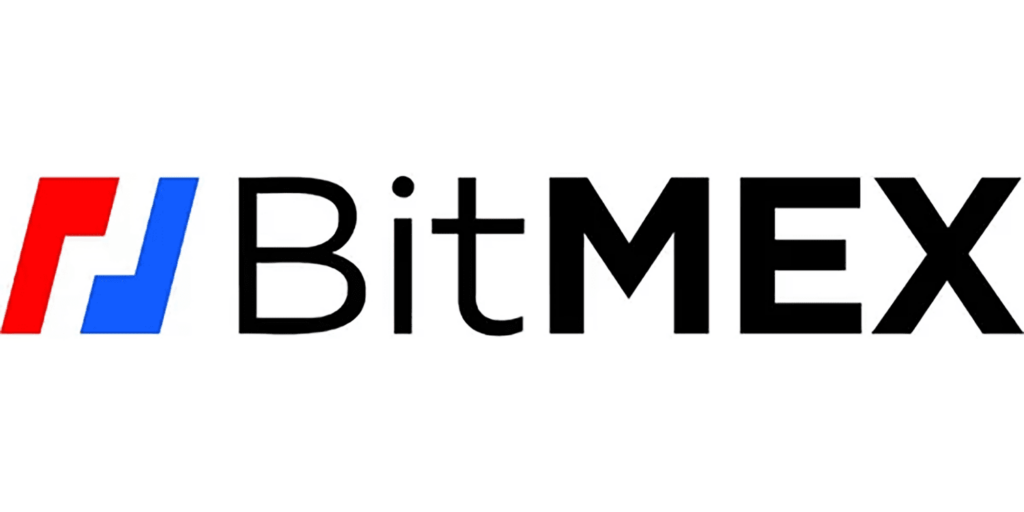
BitMEX, short for Bitcoin Mercantile Exchange, is a cryptocurrency exchange and derivative trading platform established in 2014. It is headquartered in Seychelles and has become known for its deep liquidity and professional trading dashboard, especially in crypto derivatives trading.
BitMEX has not publicly disclosed its user base. However, it reportedly has a 24-hour trading volume of approximately $492 million.
BitMEX offers leveraged trading on various cryptocurrencies, including Bitcoin, Ethereum, and others, with leverage up to 100x for Bitcoin34. The search results did not show the exact number of supported coins, futures contracts, and trading pairs.
BitMEX provides different futures contracts, including perpetual and traditional futures. The maker fee for perpetual contracts is -0.025%, and the taker fee is 0.075%.
BitMEX employs several security features, such as two-factor authentication, cold storage, and multi-signature wallets. It also requires KYC verification for users. Customer support is available through multiple channels, including email and live chat.
BitMEX users can place various order types, including limit, market, stop market, stop limit, trailing stop, take profit, hidden, iceberg, post-only, and close-on-trigger orders.
| Pros | Cons |
|---|---|
| Professional derivatives trading platform | Only crypto-to-crypto trading |
| Up to 100x leverage on Bitcoin and Ethereum | Lack of regulatory compliance |
| Deep liquidity for Bitcoin perpetual | Not available to U.S. customers |
| Meager trading fees | Limited information on passive earning features |
What Is Crypto Contract Trading in 2024?
Crypto contract trading in 2024 refers to trading derivatives in the cryptocurrency market.
These derivatives, such as futures and options contracts, derive value from an underlying cryptocurrency’s price.
Traders engage in contract trading to speculate on the price movements of cryptocurrencies without owning the actual assets. Here’s a brief overview:
- Contract Trading: It involves agreements to exchange the difference in the price of a cryptocurrency between the time the contract is opened and closed. This allows traders to bet on prices going up (long) or down (short) and potentially profit from these predictions.
- Leverage: These contracts are often leveraged, meaning traders can control large amounts of cryptocurrency with relatively little capital. While this can amplify gains, it also increases the risks involved.
- Platforms: In 2024, several platforms offer crypto contract trading, each with its own features, trading fees, liquidity, security measures, and regulatory compliance. Some top platforms include OKX, Binance, Bybit, Kraken, BYDFi, MEXC, and BingX.
- Key Features: When choosing a platform, traders consider derivatives fees, maximum leverage available, and the range of contracts offered. For instance, some platforms may offer up to 200x leverage and various contracts for different cryptocurrencies.
FAQs:
Can you trade contracts on crypto?
You can trade cryptocurrency contracts through various derivatives like futures, options, and perpetual swaps.
These contracts allow traders to speculate on future prices of cryptocurrencies without directly holding the asset.
How to trade crypto contracts for beginners?
For beginners, here’s a step-by-step guide:
- Sign up for a cryptocurrency exchange.
- Fund your account by connecting your bank account or other payment methods.
- Pick a cryptocurrency to invest in, with most traders focusing on Bitcoin and Ether.
- Start trading by placing orders for the desired contracts.
- Store your cryptocurrency securely, preferably in a private wallet.
How do you trade crypto contracts in the US?
In the US, trading crypto contracts is possible through regulated exchanges.
Some of the best platforms for contract trading in the US include Coinbase, known for futures trading, and Kraken, which offers low trading fees.
Choosing a platform that complies with US regulations and offers the types of contracts you’re interested in trading is important.
In conclusion, selecting the best crypto contract trading platform is crucial for optimizing your trading strategy and managing your investments effectively.
Each platform offers unique features and benefits, so consider your needs—user-friendliness, low fees, robust security, or a diverse array of trading options.
We hope our detailed comparison has empowered you to make an informed decision that enhances your trading experience and contributes to your overall success in the dynamic world of cryptocurrency trading.
Happy trading!
